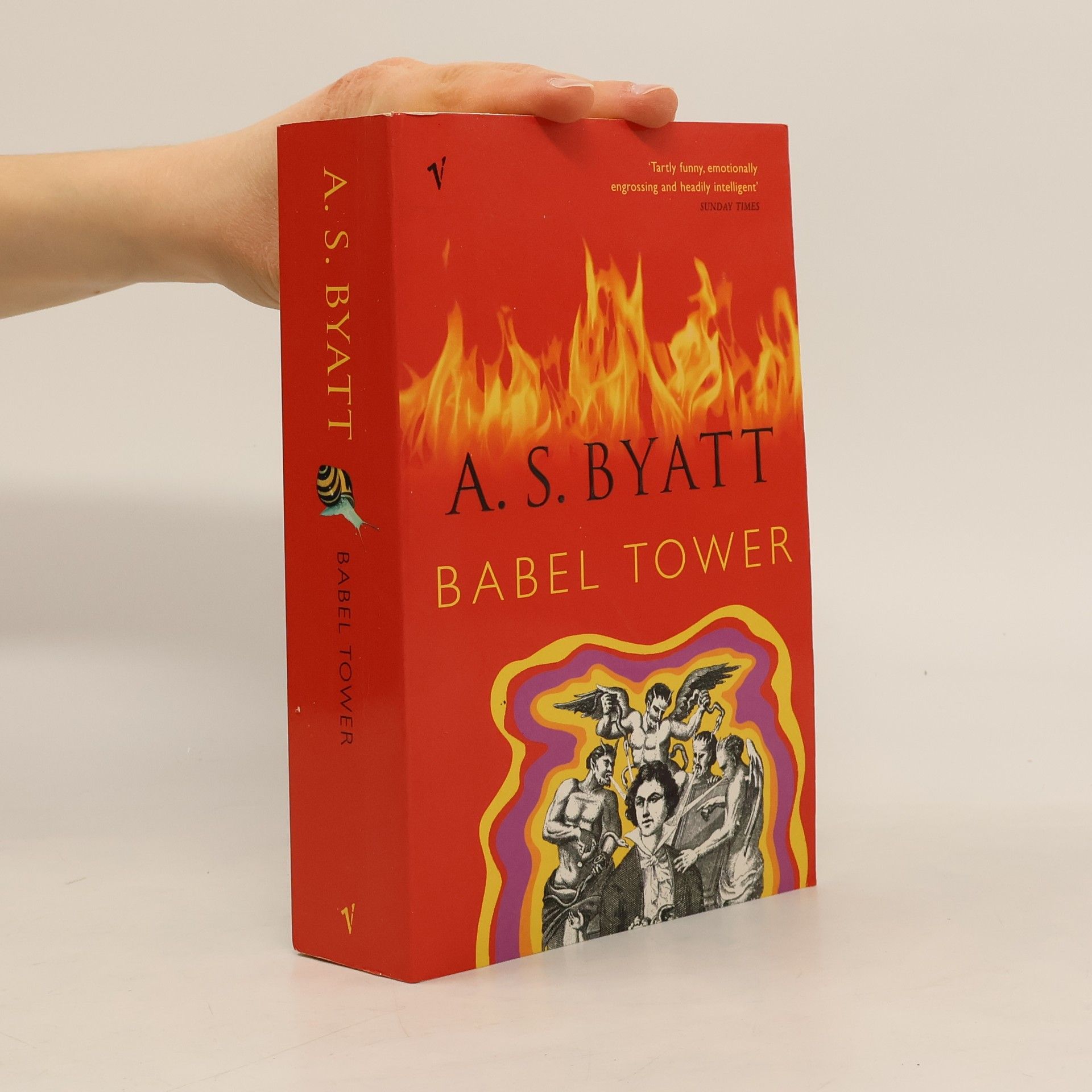You'll get the exact copy in the photo
More about the book
Babel Tower Is The Third Novel In Byatt'S Highly Acclaimed Frederica Quartet. Frederica Is Embroiled In Two Law Cases, Twin Strands Of The Establishment'S Web, A Painful Divorce And Custody Suit And The Prosecution Of An 'Obscene' Book. Frederica'S Personal And Legal Crises Mirror An Age; Alongside Frederica'S Intellectual Life Teaching At Art School In London Are The Diverging Cultural Worlds Of The Beatles And The Advent Of Computer Languages.
Language
Book purchase
Babel tower, A. S. Byatt
- Language
- Released
- 1997
- product-detail.submit-box.info.binding
- (Paperback),
- Book condition
- Good
- Price
- €1.90
Payment methods
We’re missing your review here.





